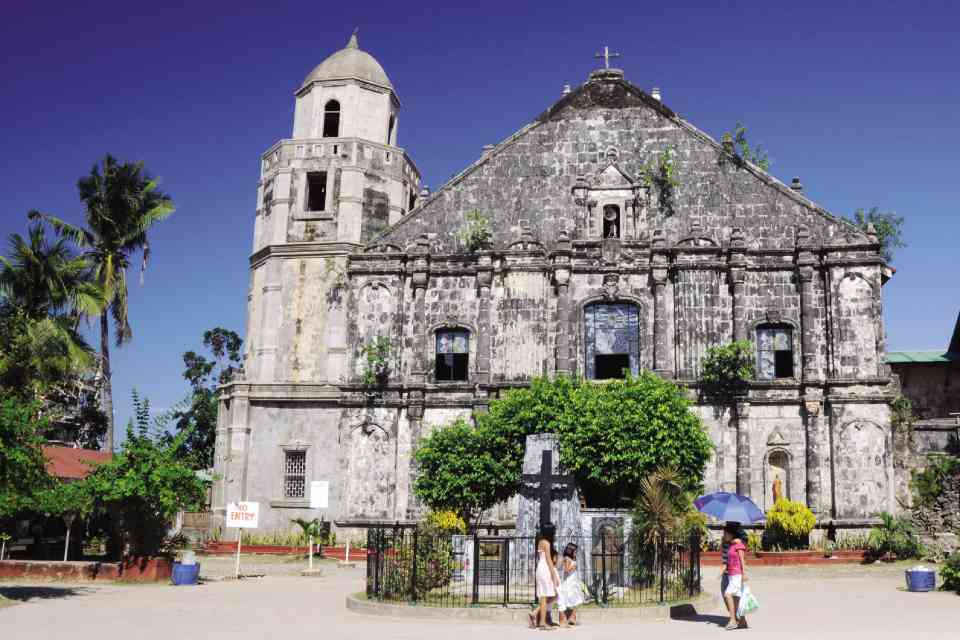This legend claims that Christmas was celebrated in the PH before Spain’s arrival

Photo by Willie Lomibao via Inquirer.net
Christmas is a big thing in the Philippines, with the country celebrating as early as September. Catholicism—and by extension the holiday—came to the Philippines by way of the Spaniards who ended up colonizing the would-be country for over 300 years.
According to historical evidence, the first documented Catholic mass in the Philippines was celebrated on March 31, 1521 on Easter Sunday. It was celebrated on the shores of what we now know to be Limawasa in Southern Leyte and was officiated by Fr. Pedro de Valderrama, a priest who was part of Magellan’s expedition. Interestingly enough, though, there’s a legend of Christmas being celebrated in the Philippines over 200 years before Magellan circumnavigated the globe.
The “first” Christmas in the Philippines
The story takes place on a dark and stormy night at sea in the year 1324 A.D. Fr. Odorico of Pordenone, a Franciscan friar who is also a missionary explorer, was sailing on seas so rough, they had to take refuge on land and wait the storm out.
The group found themselves on the shores of what’s now Bolinao, Pangasinan to take refuge from the storm. Upon reaching land, they were met with “hostile natives” who weren’t so warm and welcoming. Instead of fleeing, Italian friar made his way to the natives “with a prayer on his lips and a black cross in hand.” Once the people realized that the friar and his crew weren’t dangerous, they welcomed them onto their land. This is when it’s said that Fr. Odorico celebrated the first Catholic mass in the Philippines—a whole two centuries before Spain’s arrival.
There’s even a “historical” marker in the St. James the Great Parish Church in Bolinao that commemorates this supposed event—that all occurred on the 25th of December, 1324.
A matter of legend
Fr. Odorico’s “first” mass in the Philippines is an interesting story—and that’s about all it is. Most of the information regarding his inadvertent adventure to the Philippines are based on oral history, meaning there aren’t really any records of this in historical documents.
And to say that this was the first Christmas celebrated in the Philippines is also incorrect, since the Philippines (as we know it now), didn’t even exist at the time. Back then, it was an archipelago with several different tribes that independently ran their own territories.
You may also like: Quintessential Filipino Christmas songs for your holiday playlist
While Fr. Odorico was a real person who was a real missionary sent to the East around that time frame, there aren’t any records of him landing in pre-colonial Philippines, let alone celebrating a mass with the locals.
It’s an interesting story, to be sure, but it’s more of an example of the creative storytelling capacity of Filipinos than an actual historical event.

